
Life sciences writer Susan Milius has been writing about botany, zoology and ecology for Science News since the last millennium. She worked at diverse publications before breaking into science writing and editing. After stints on the staffs of The Scientist, Science, International Wildlife and United Press International, she joined Science News. Three of Susan's articles have been selected to appear in editions of The Best American Science Writing.

Trustworthy journalism comes at a price.
Scientists and journalists share a core belief in questioning, observing and verifying to reach the truth. Science News reports on crucial research and discovery across science disciplines. We need your financial support to make it happen – every contribution makes a difference.
All Stories by Susan Milius
-
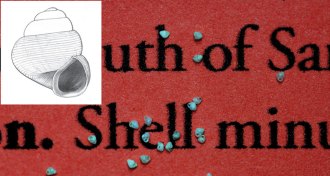 Animals
AnimalsWorld’s smallest snail record broken again
Snails may not be speedy, but itty-bitty snail shells found in Borneo are breaking a size record at a breakneck pace.
-
 Animals
AnimalsJust when you thought snails couldn’t get any smaller…
Snails may not be speedy, but itty-bitty snail shells found in Borneo are breaking a size record at a breakneck pace.
-
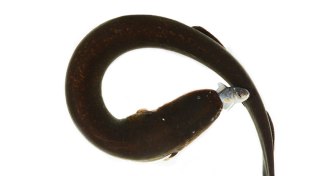 Life
LifeHow electric eels put more zip in their zap
With feisty prey, an electric eel curls its tail to intensify shocks and exhaust prey.
-
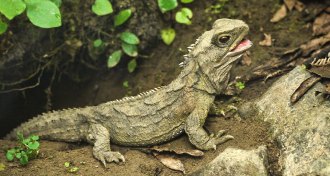 Life
LifeRare reptile holds clue to penis evolution
Preserved Victorian specimens reveal budding embryonic penis that disappears before adulthood.
-
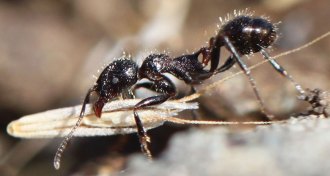 Animals
AnimalsHow architecture can make ants better workers
The right nest architecture can make harvester ants better at their job, new research shows.
-
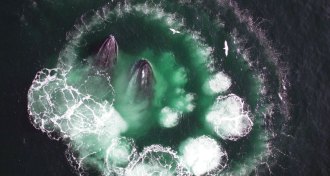 Animals
Animals‘Whalecopter’ drone swoops in for a shot and a shower
Whale biologists are monitoring the health of whales using drones that snap photos and then swoop in to sample spray.
-
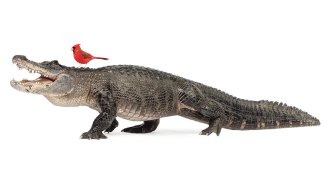 Animals
AnimalsSlow, cold reptiles may breathe like energetic birds
Finding birdlike air patterns in lungs of crocodilians and in more distantly related lizards raises the possibility that one-way airflow evolved far earlier than birds themselves did.
-
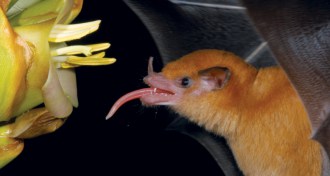 Animals
AnimalsHow to drink like a bat
Some bats stick out their tongues and throbs carry nectar to their mouths.
-
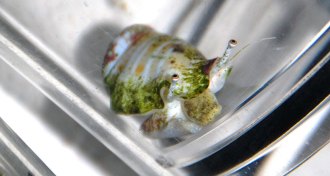 Animals
AnimalsJumping conchs triumph at overheated athletics
“Simple” circulatory system outdoes fancier ones in delivering oxygen for jumping conchs in simulated climate change conditions.
-
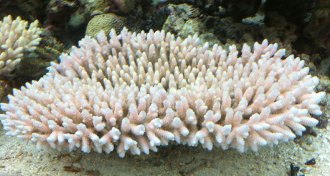 Animals
AnimalsNo eyes, no problem for color-sensing coral larvae
Switching colors of underwater light can switch preferences for where staghorn corals choose their forever homes.
-
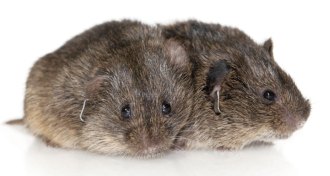 Animals
AnimalsWhat really changes when a male vole settles down
Bachelor prairie voles can’t tell one female from another, but saying “I do” means more than just settling down.
-
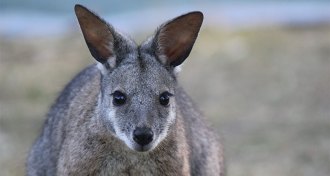 Animals
AnimalsLights at night trick wild wallabies into breeding late
Artificial lighting is driving wild tammar wallabies to breed out of sync with peak season for food